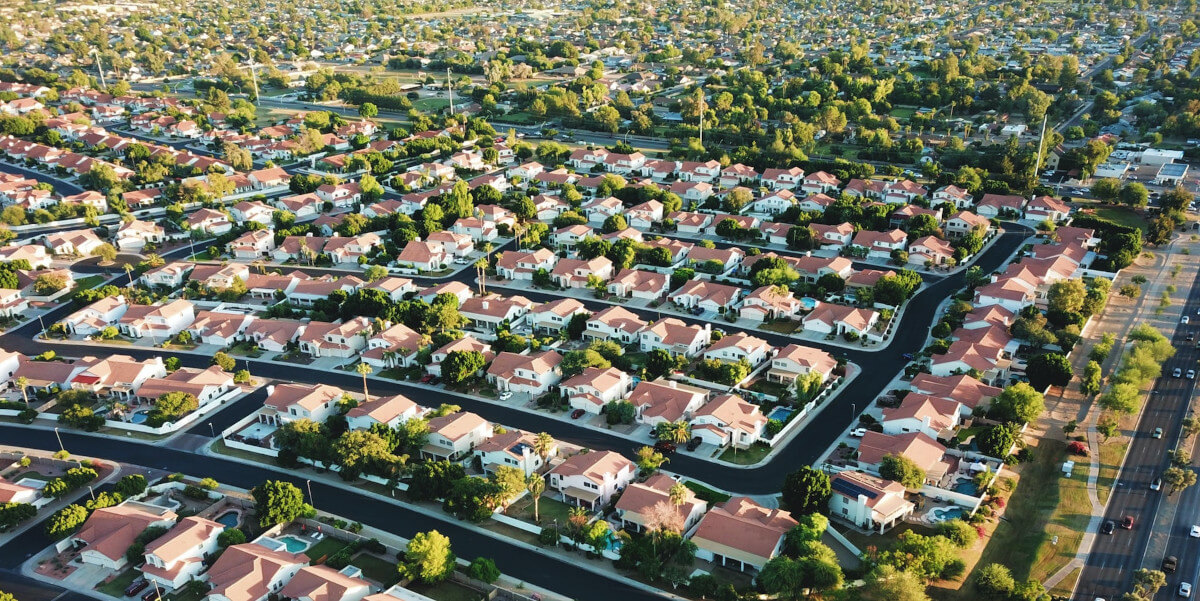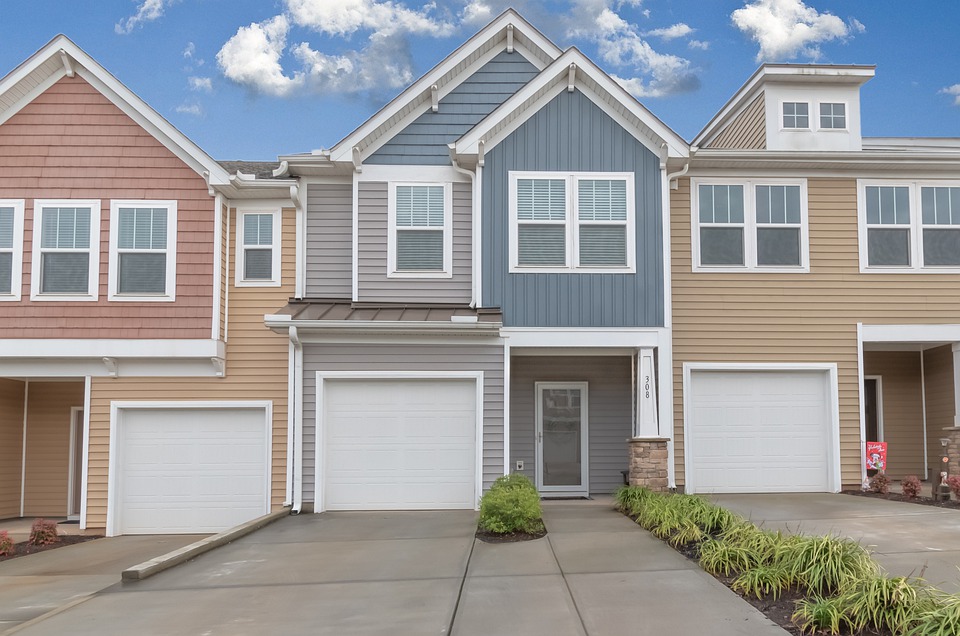Homeowners Association - HOA
A homeowners association (HOA) is a legal entity formed by a real estate developer or by the owners of a property or community, for the purpose of managing the common areas and enforcing rules and regulations for the properties within the community. These rules and regulations are typically outlined in the community's bylaws and covenants, conditions, and restrictions (CC&Rs).
An HOA is typically governed by a board of directors elected by the homeowners, and is responsible for maintaining and managing common areas, enforcing community rules, and collecting assessments from homeowners to pay for these expenses. The HOA may also have the authority to enforce architectural guidelines and approve or deny changes to individual properties. The association's power and responsibilities vary from state to state and also the community's bylaws.

Real Estate
Five Questions Every HOA Should Ask Before Approving Roof Work
December 22, 2025HOA roof approvals impact budgets, warranties, and residents. Discover five structured questions that improve oversight and prevent costly mistakes, by verifying scope accuracy…
Read More

Real Estate
Inside the Quiet World of HOA Collections and Community Politics
November 17, 2025HOA collections blend law, diplomacy, and fairness. This piece explains why dues matter, how delinquencies arise, and how balanced enforcement supports healthy communities…
Read More

Real Estate
The Importance of Reserve Studies for HOA Communities in MA
September 06, 2024Reserve studies are essential for Massachusetts HOA communities to ensure financial stability, maintain property values, and attract renters and buyers.…
Read More

Real Estate
6 Essential Tips for Effective HOA Management
April 22, 2023Effective HOA management requires clear communication, financial transparency, consistent enforcement of rules, resident engagement, and staying informed about legal changes…
Read More

Real Estate
How To Build Community Spirit In Your Homeowner's Association
January 23, 2023Community spirit reflects an individual's inclination to take part in actions to foster a community. When residents are interested in what's happening in their community…
Read More

Real Estate
Reserve Study in 2021 - Everything you need to know
September 14, 2021The HOA reserve study is the life savior when it's about maintaining the physical assets of the community. This study tentatively analyzes the different components of the properties, roof…
Read More

Real Estate Tips
Understanding HOAs - Role, Benefits, Rules
April 09, 2021If you're looking to buy or rent a condo or single-family unit in a community governed by an HOA, you must abide by their rules to avoid fines. Keep in mind, homeowners association rules…
Read More